Word, Words, Words – A Series on Words
This month we are going to reflect on some terms and concepts that are used often in public discourse. Sadly, they are often used by all sides as weapons to establish dominance and justification of subjective or objective truths. Subjective truths are those based on an individual or group’s particular experience of a reality and a truth they form from that experience. Objective truth refers to truths that can be universally recognized as true by all through the use of reason.
The goal of these reflections is to give us a starting point for exploration into the fullness of the truths referred to and a rubric or rule to help guide our personal integration and use of the terms. I will approach these terms and concepts through the lens of the Catholic Church’s perennial teaching, which seeks to ensure the dignity of each person while recognizing the intrinsic relational nature of persons with God and one another.
If you enter equality into the Google search bar the following definitions will be provided by Oxford Languages:
Equality – the quality or condition of being equal.
Equal – possessing a like degree of a specified or implied quality of attribute;
on the same level in rank, degree, power, ability, achievement, or excellence;
having the same rights and privileges
We can see that equality involves a real quality or attribute of sameness/likeness between two or more persons or things. Since we will focus solely on persons, we will have to compare parts of the definition with the full truth as regards the nature of the human person. The Oxford Languages definition of a person is:
Person – a human being regarded as an individual.
I think it is safe to assume that we all agree that individual persons are radically unique and irrepeatable. So while a person might share some qualities with another person, there will be far more differences than similarities, the closer that they are compared.
When the word equality is used presently it seems to most often convey a lack of difference or phrased positively – sameness. Equality in this instance is held up as an abstract concept – freedom from any difference or differentiation between persons in an objective way. Equality becomes freedom from experienced differences between persons. Logically this would imply that persons are radically individual, metaphorical ‘islands’ that are not supposed to touch or rely upon others.
Relationships then ought to be ordered to the individual’s greatest benefit or maybe a shared benefit if we are generous. Though the relationship should be kept short, intense, and/or shallow to prevent impeding the other’s freedom. The other person in the relationship exists as a potential impediment or threat to my freedom. Freedom in this conception would have to be an authority unto itself and would deny the legitimacy of any other authority that seeks to restrain it.
When my will to seek my good comes in conflict with anything that impedes it, I become a persecuted victim. This radical individualism encourages the exaltation of the self over others. The more places your ‘freedom’ – total autonomy – is impeded the higher your place amongst the ‘victimized’ and the greater equality – sameness – is needed to fix the differences between you and other persons. Yet our lived experience tells us that this belief is not congruent with reality, we implicitly know that there is a higher authority than an individual’s free will.
So the present outcry to use external authority to force the persons into equality or sameness seems to be antithetical to the fundamental basis for the equality posited. Using the group’s authority would inflict prejudicial discrimination upon the individual by asserting the primacy of the group’s freedom over the individual’s freedom. It also begs the question of which group has the authority to impede or threaten the individual’s authority. How is it determined if a group’s agenda – set by the consensus of non-homogenous individuals – is of the type that should infringe upon the individual? Or is it “might makes right” or “mob rule”?
Finally, I can hear a voice from my childhood saying, “You are not my mom, so you can’t tell me what to do?” What made a mom’s authority legitimate when impeding or coercing the freedom of her child? As children, we realized that there is something greater than ourselves that must be submitted to. Yet we had some sort of rule or understanding that allowed us to compare two authorities and determine which ought to be submitted to. It is this submission of the will that is the key to unlocking the answer of how two persons can be said to be equal and not the same.
Is there an analog to that child’s mom for all persons? A being who seeks to guide us by love, to live a good life, who will help us along the way, yet requires submission to its higher authority? We will investigate this in the next post.
Resources that informed and referenced in this article:
Acosta, M. & Reimers, A. J. (2016). Karol Wojtyla’s Personalist Philosophy: Understanding Person & Act. Catholic University of America Press: Washington, D.C.
A. T. J. Kaethler (2019) Mary, Unity, and the Pathos for Equality. Logos: A journal of Catholic thought and culture. 22(2). University of St. Thomas & EBSCO Publishing (Firm): St. Paul, MN.
Benedict XVI – Caritas in Veritate, Deus Caritas Est
Catechism of the Catholic Church 2nd Edition
St. Francis De Sales – Treatise on the Love of God


